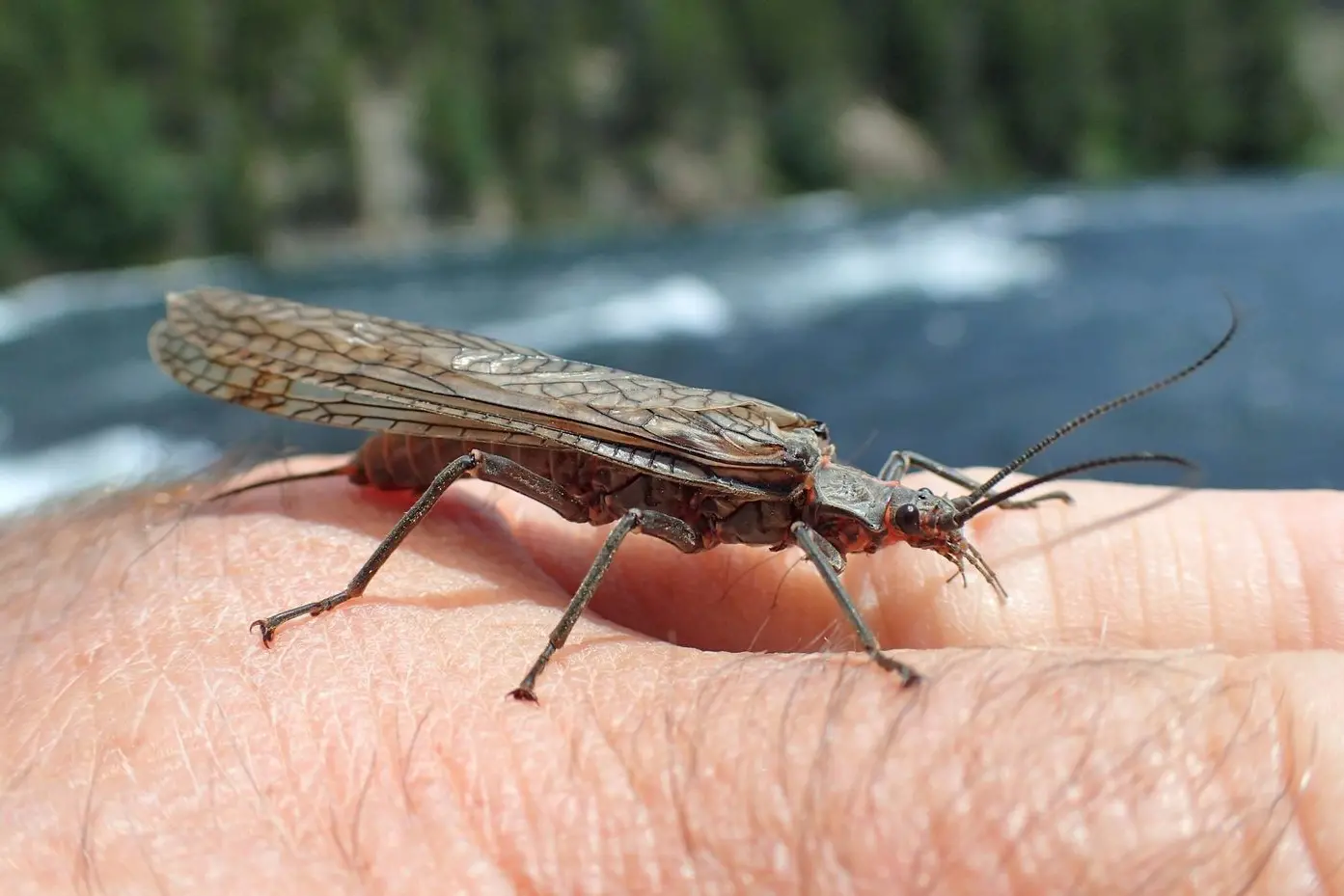PHOTO
RESEARCHERS at La Trobe University’s Centre for Freshwater Ecosystems have exposed the hidden consequences of climate change on Alpine stream ecosystems, which could see an earlier emergence of insects.
The study, led by senior lecturer in Environment and Genetics, Dr Michael Shackleton, focused on streams around Falls Creek and projected significant alterations in water temperatures from climate warming and its impact on aquatic life.
It was found that the rate at which temperature accumulates over the years will increase, which likely influences how organisms grow and develop.
Local groups have been working on various restoration projects along the Upper Ovens River, which Dr Shackleton said can be beneficial to insect species.
“Works that increase river flow and scour some of the beds are quite beneficial to aquatic insects,” he said.
“Many insects require areas to lay their eggs, such as under large boulders or boulders emerging out of the water.
“Opening up more of that habitat allows more places for them to be, and habitat that excludes trout would be a helpful aspect to increase insect abundance, which would go on to feed trout further downstream.
“Our focus is on stream temperatures, so planting along those riparian areas can shade segments of the river and keep water cooler for longer to offset climate impacts.
“Riparian and in-stream habitat are going to be two key variables of importance for a whole host of things.
“In terms of insects, such as dragonflies and stoneflies, they require stream-side vegetation to crawl up in the larval stage and emerge out as adults, and it also provides cover from predators by having that habitat complexity.
“We do a lot of research in the alps, primarily in headwater streams which make a really neat, confined area to work with.
“When you’re down low in the catchment, the water you’re sampling has been impacted by all the things upstream but in headwaters it's the small, confined areas which make it easier for understanding what is happening there with fewer variables.
“The alps are also predicted to be hit hardest with climate change, we’ve been monitoring them for quite some time with our first temperature recordings out in 2011.
“We thought it was time to aggregate our data and see what those temperatures were doing."
Dr Shackleton said the main finding in the research was around the timing of insects emerging from rivers and becoming adult species.
“What worries me the most is that our modelling suggests insects should emerge earlier on in the season,” he said.
“The concern there is they’re coming out earlier so birds are still looking for food later in the year and there’s a disjunct between those two.
“Insects emerging in late autumn lay their eggs into waters that are cooling down and the eggs go into a hibernation state over winter so those animals will now be emerging in the middle of summer when water temperatures are up to 12 degrees warmer than what they currently experience.
“They’re laying into warmer waters that aren’t cooling down so we don’t know what that will mean for those animals; whether eggs will survive and if we'll see a reduction in populations because of that, which will have knock-on effects to species that use those insects as a food source.
“This research is a way to understand what will happen so we know which parts of the landscape are going to be the most impacted.
“There may be ways to mitigate against some of the impacts or maybe we should focus our efforts on areas that are likely to be less impacted and should be conserved against things like bushfires and pest species.
“I think there’s a case for giving focus to those areas where there is diversity and that diversity is likely to stick around and we want to keep it that way.”





